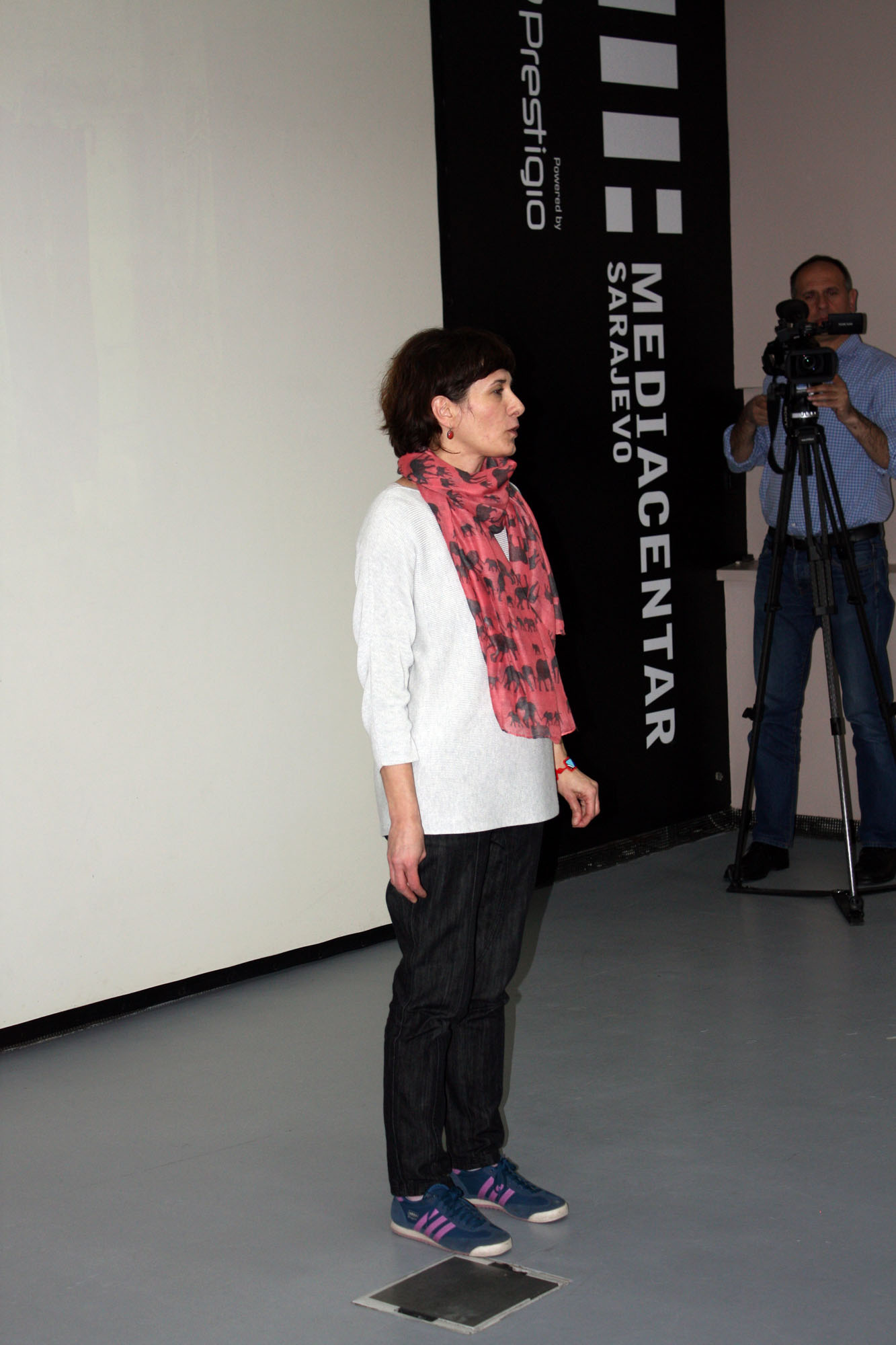“All refugees and displaced persons have the right freely to return to their homes of origin. They shall have the right to have restored to them property of which they were deprived in the course of hostilities since 1991 and to be compensated for any property that cannot be restored to them. The early return of refugees and displaced persons is an important objective of the settlement of the conflict in Bosnia and Herzegovina.”
Natalija Bošković, Željka Katanić, Zijad Delić, Safet Šiljak, Enes Delić and Dragan Đurić are some of the people whose stories confirm that Annex 7 of the peace agreement was never fully implemented in Bosnia and Herzegovina. The return of “all to their own” was never completed and, judging by their testimonies, never will be. Under the pressure of political decisions or for reasons of personal safety, they moved to territories controlled by those of their own ethnicity. Exchanging their own homes for new ones in these other territories, they established homes in strange lands and started new lives with only the bare outlines of their former ones. They are mostly focused on the future of their children who feel at home in the new surroundings. While they only feel at home with their memories. Memories of pre-war prosperity and economic security have become well-known and cherished faces in their immediate and wider neighbourhood.
The war did not only take human lives, it left the survivors who lost their loved ones traumatised, it made those who survived violence unable to continue living… The war “displaced” people, but the displacement is seldom, if ever, discussed. We tend to make a gradation of misfortune, diminishing things we did not experience ourselves, neglecting the fact that everyone finds their own misfortune the hardest, especially if others act as if it does not exist.

We met these people thanks to the documentary “Dom u tuđini” [“Alien Home”] that had its premiere at Media Centre in Sarajevo.
This was also the first time the participants saw the documentary and shared their experience about the “post-Dayton trouble of exchanging houses” as the film is billed.
Whatever their origin and current residence, their stories are the same, as are their reactions to the film. They like the final result and would not change anything they said.
They had not met each other before and it was particularly touching to witness the conversation of the participants with the audience after the film. This, like all other conversations about experiences from the past, confirms the need to foster dialogue about memory. That is precisely the mission of the Centre for Nonviolent Action (Sarajevo-Belgrade) that produced the documentary “Alien Home”.
The film does not “count” the perpetrators or victims. It does not explore the origins of the displacement process. The experiences of people, whichever “side” they come from, are the same, the problem is not the neighbours but politics, people changed after the war, irrespective of their ethnicity. Helplessness and having to reconcile with the current situation are a common trait. Displacement does not discriminate, but there are individual efforts and decisions to move on, despite the fact that moving was not their choice but the result of circumstances.

Living the “circumstances” and consequences of war, some 80 000 people in Bosnia and Herzegovina still have the status of displaced persons. No one has precise data about how many persons exchanged their homes, nor do they have any special status. The documentary film “Dom u tuđini” arose out of the need to raise awareness about this problem, about life in displacement, in the war’s aftermath and transition, about life under a strange roof.
This film brings another bitter realisation that we ignore, which is that the completion of ethnic cleansing required putting an end to the war.
“You live because you have to live,” said one of the participants in the film, summarising their common experience and something that more people should hear about. This is why the Centre for Nonviolent Action (Sarajevo-Belgrade) will try to organise screenings of the documentary in other cities and will offer the film to local TV stations for broadcasting free of charge.
